When loss strikes, sooner or later our hearts ask some version of “How could this happen?”
In fact, most of us end up asking this question again and again – weeks, months, or even years later.
Though the following post is taken from my new book for those who have lost spouses, I’m betting you’ll be able to relate, no matter what loss you’re experiencing.
FROM THE GRIEVING HEART:
I woke up angry today.
How dare you leave? How could you do this? I want you back. Now.
But you’re not coming back, are you? No, of course not.
How could this happen? Why? I don’t understand.
I’ll never understand.
I don’t like this anger, but sometimes it feels better than sadness. I fi nd myself irritated with everything. My fuse is short. Frustration is bubbling just beneath the surface.
I think I’m going to explode. Maybe that would be better than holding this anger in. I don’t know.
I want to scream and hit something. Maybe I should.
I’m here. You’re not. I’m angry.
When a loved one dies or leaves, our hearts break. Emotions pour out and flood our being. Sadness is one of the most common feelings we experience. Anger is another.
Our loved one is gone. We’re stunned, shocked, and sad. We begin to feel the pain. Their absence becomes a cloud that encompasses us no matter where we go.
Questions begin to surface. How could this happen? Why? Why them? Why us? Why now? Why this way?
Satisfying answers are hard to come by. Anger begins to brew within. We feel robbed and cheated. Perhaps we feel wronged or victimized. Our hearts rail against this loss, this death. We want our loved one back. Now.
Love is passionate and powerful. When we feel attacked, anger is a natural result. Anger is common when we encounter loss.
We love them. They’re gone. Of course, we’re upset. Loss has invaded and stolen someone special and irreplacable. The key now is expressing the anger in healthy ways.
We could do any or all of the following:
- Hit a pillow, or scream into it
- Power walk around, punching the air
- Knead some dough
- Smack a punching bag
- Write in a journal
- Exercise
- Vent to someone safe
We can’t afford to let the anger smolder and fester. It will most likely leak out in less than desirable ways. We must find ways to express it as it comes.
We continue to breathe deeply. We give ourselves permission to be angry. Anger is a natural part of grief.
Affirmation: It’s okay if I get angry. I will find healthy ways to express my anger.
Adapted from the newly released Comfort for the Grieving Spouse’s Heart: Hope and Healing After Losing Your Partner.
Question: Has you heart asked some form of “How could this happen?” If you’ve experienced anger in your grief process, what has helped you with this?
Additional Resources:
ANGER: When We Feel Like We Might Explode – The Grief Toolbox
5 Crucial Keys to Managing Anger – garyroe.com
7 Questions for Life’s Tough Times – Thrive Global


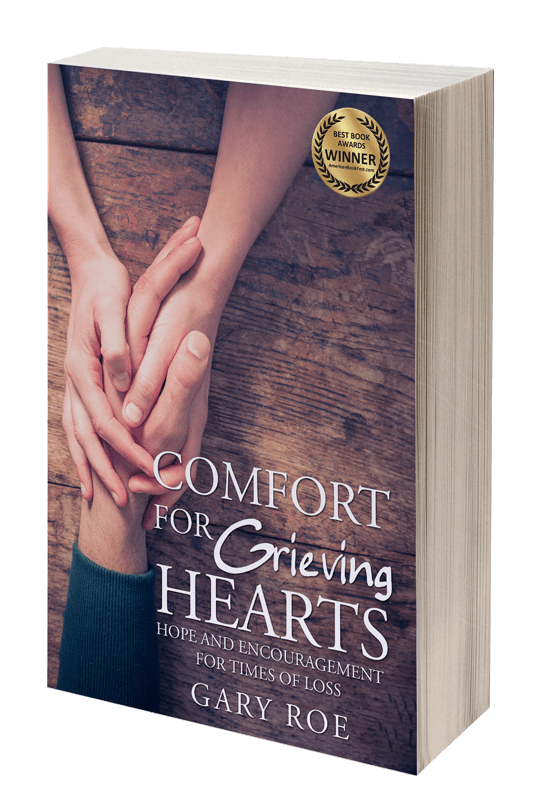
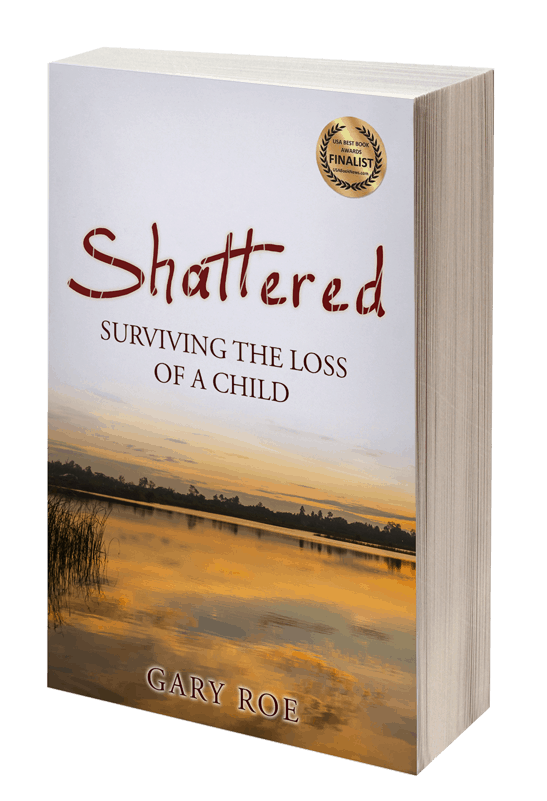
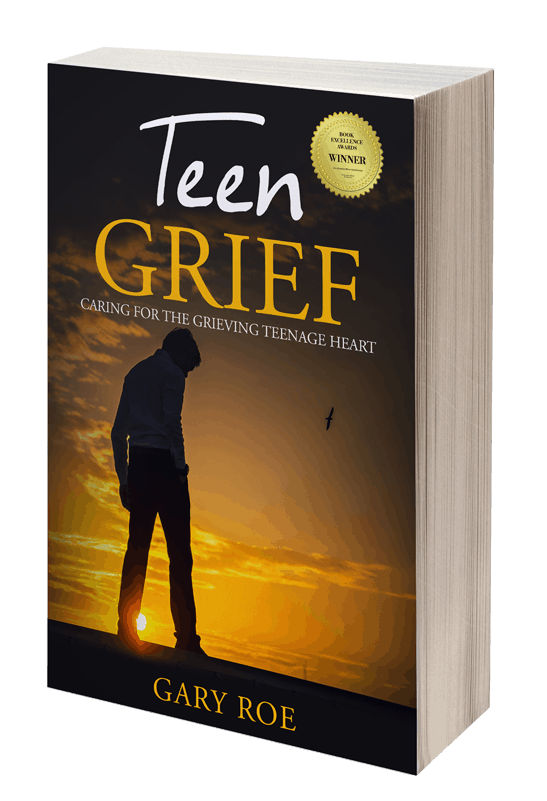
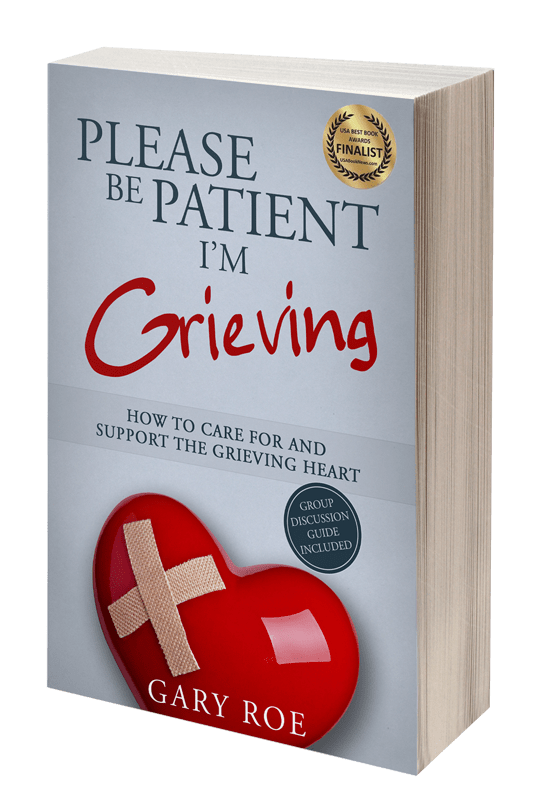
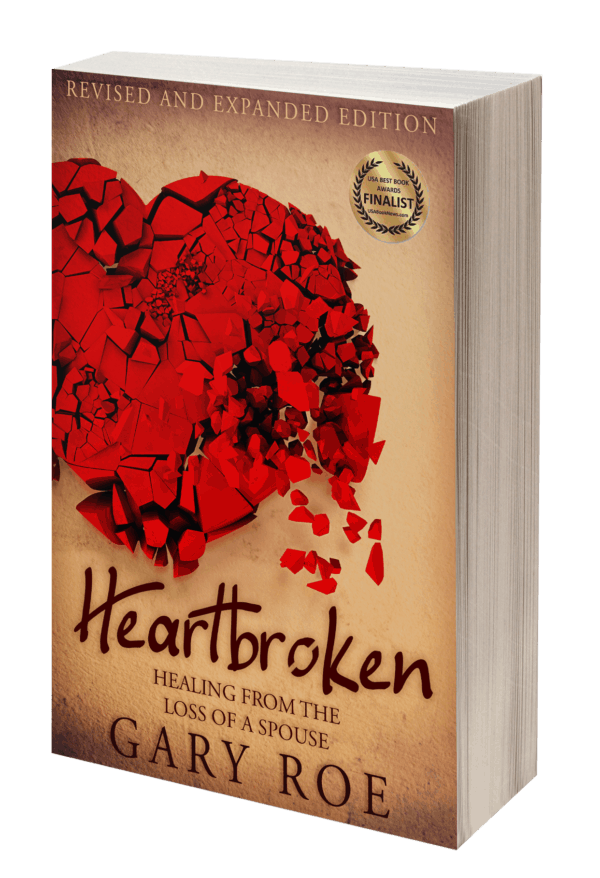
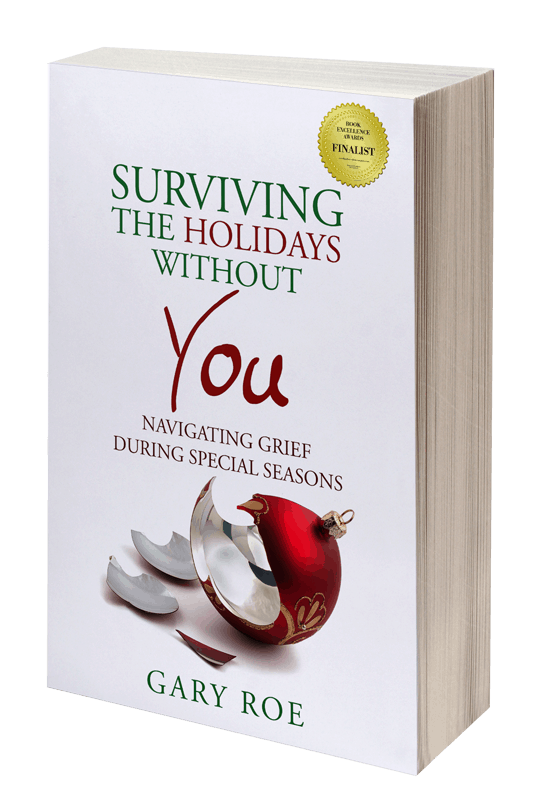
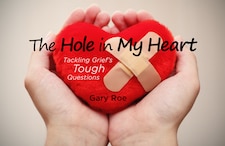
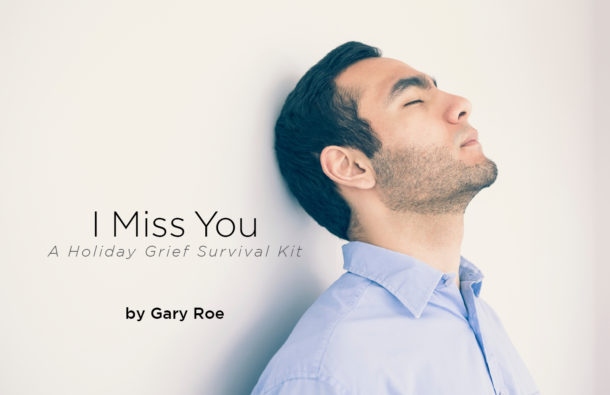
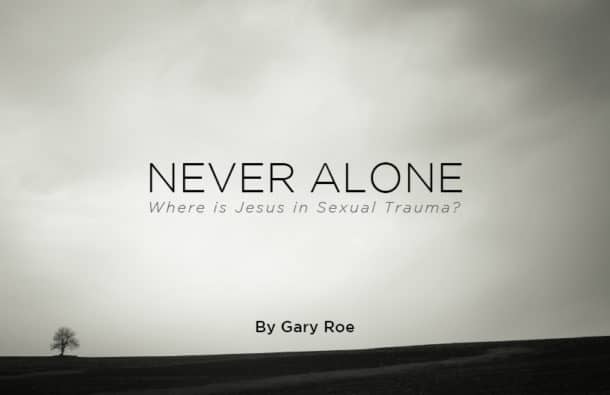

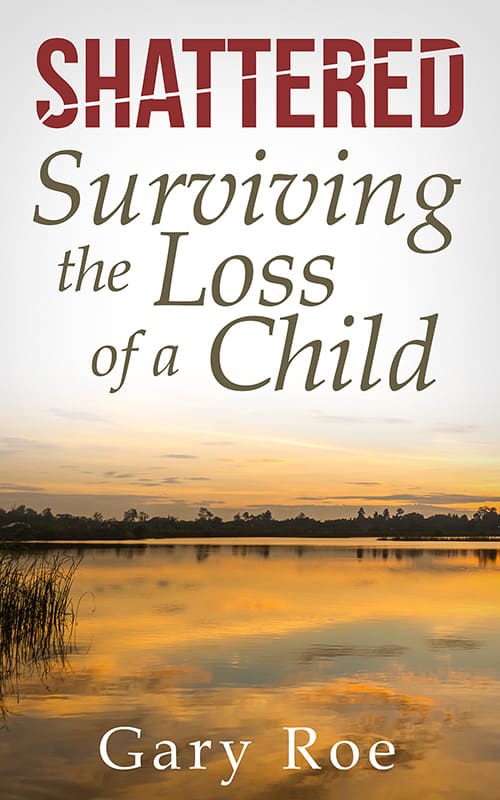
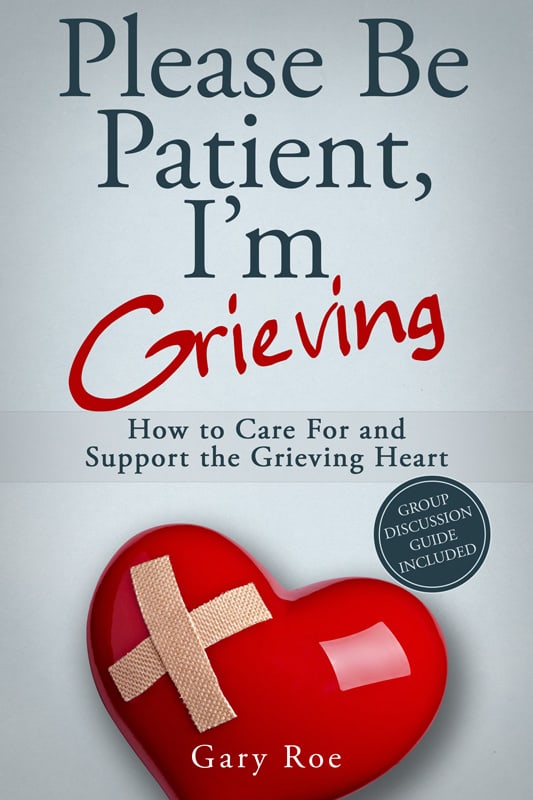
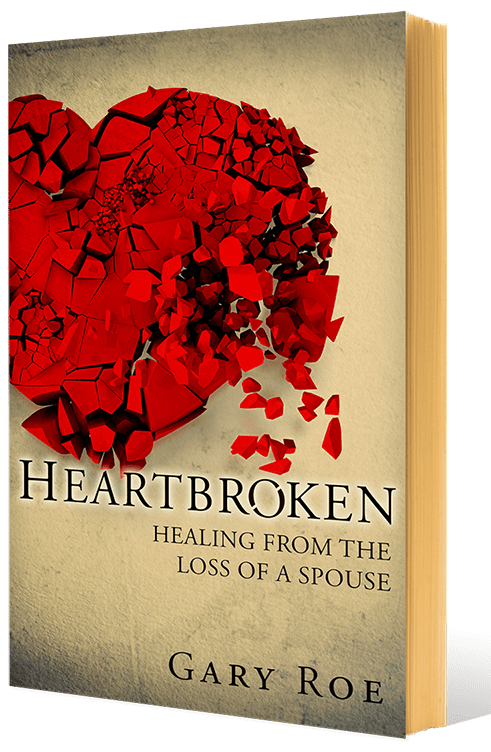
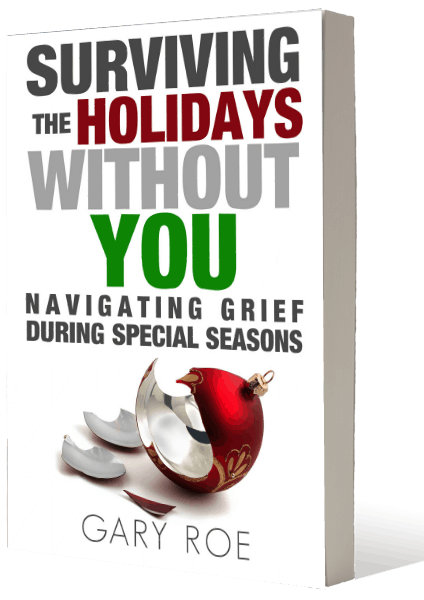
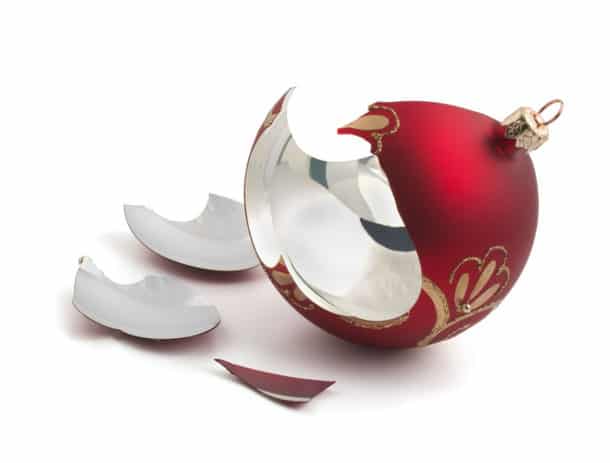
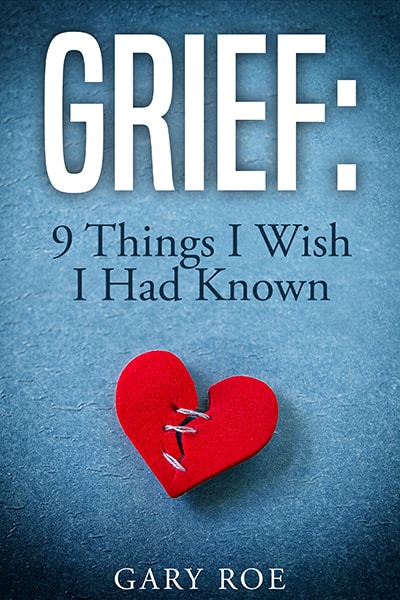
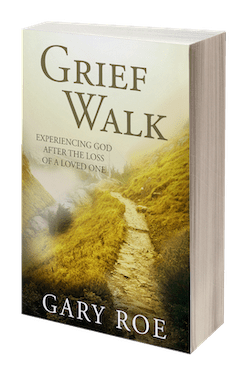
Its been almost 5 years since we lost our daughter. She was only 16. I am still angry or depressed all of the time. I don’t think I will ever find peace in this world again. I will always ask why this happened to her. My life has been turned upside down. Everything changed. Every thing I thought I knew or believed changed. Still trying but lost.
Hi Tina. Ugh. I can’t imagine. I’m so sorry. How tragic, awful, and devastating. Yes, your life is indeed been turned upside down. Nothing is the same. Please be as kind to yourself as you know how. I’m here to help, if I can – so please reach out any time. Tina. You are not alone, though I know it feels that way sometimes.
I need an opinion as to why God allows or fails to prevent these things from happening.
Hi Ed. Thanks for commenting and for asking. As you know, this is a MASSIVE question that has energized lots of theological debate and study for centuries. Frankly, it’s too deep to address here as a simple responsive. Look for an email from me soon. Again, thanks for asking.
I am so grateful to get these messages from you from time to time. Since I lost my son to suicide in 2006, I now have other losses to grieve. There are days I feel anger but mostly just hurt and sad. Grief to me comes in waves. Some days are good. The tide is out. Other days I feel the laps of the waves against my feet and then there are those days, even 13 years out that the waves of grief can wash over you like it is new all over again. Your thoughts and ideas help me so much. Thank you for reaching out.
Hi Pam. Thanks for sharing this. So true. I’m so sorry about your son. What a massive, traumatic loss – a loss that “keeps on giving,” so to speak. Keep breathing deeply, taking one moment at a time. And please feel free to reach out here any time, Pam. Praying for you now…